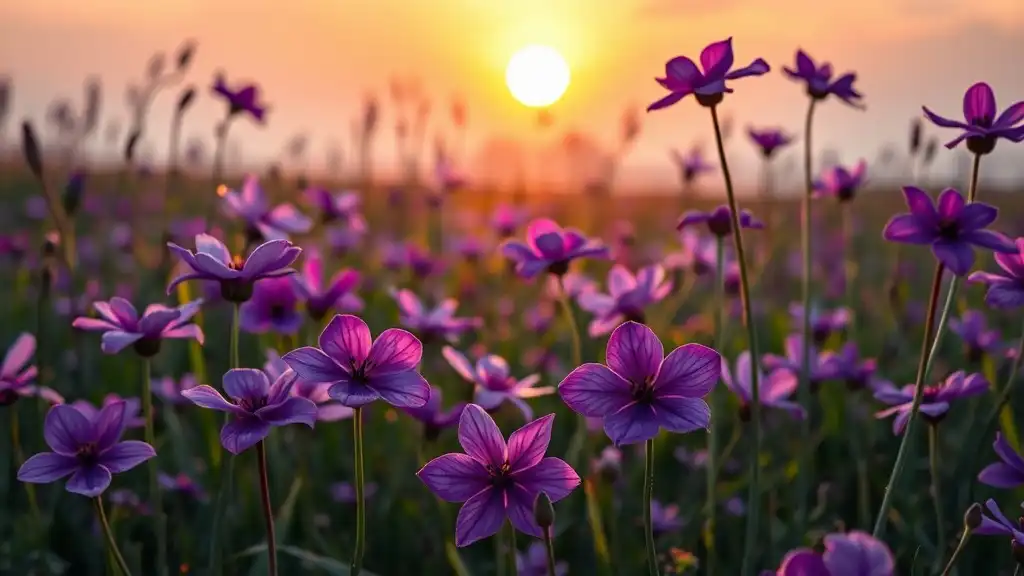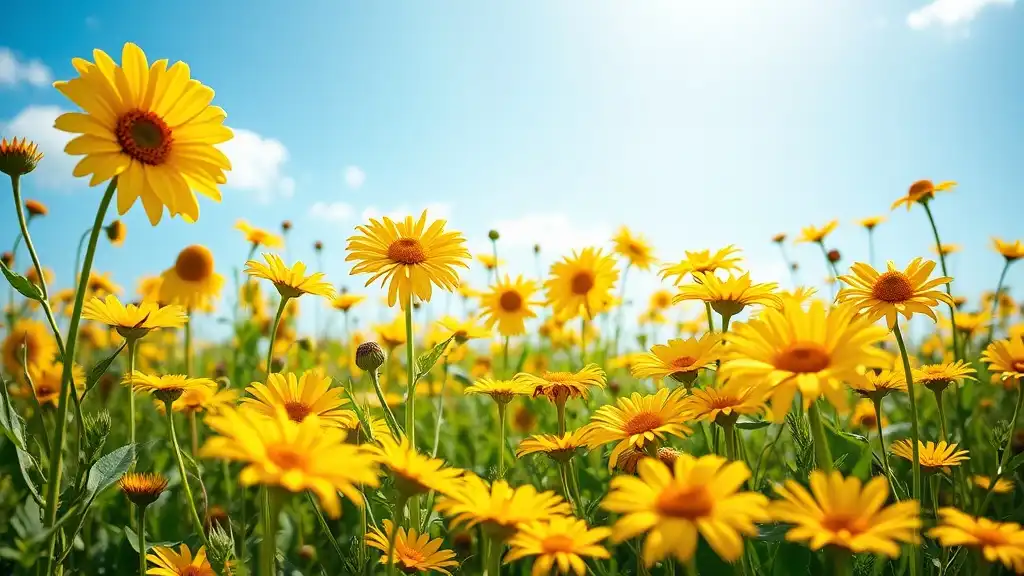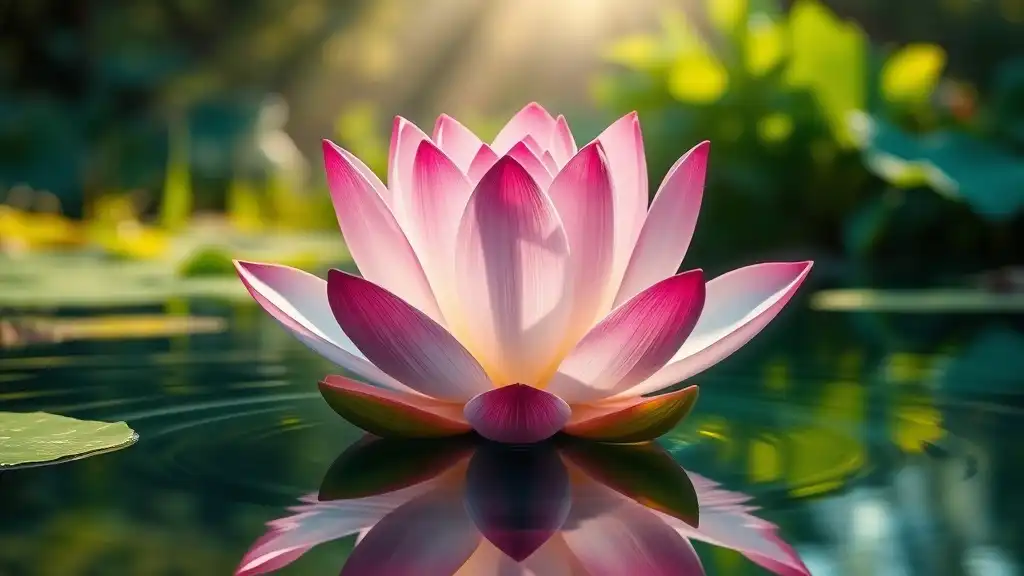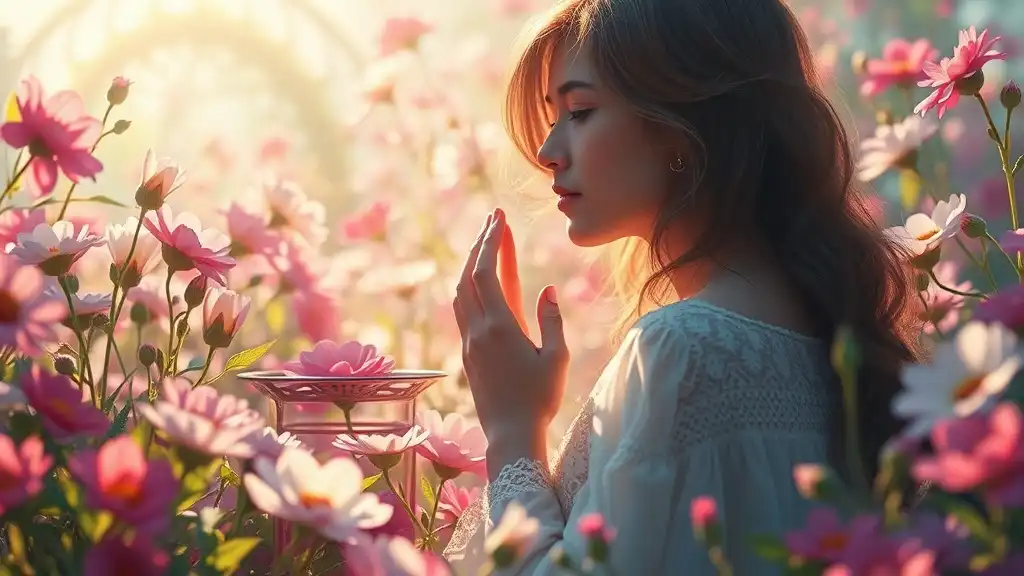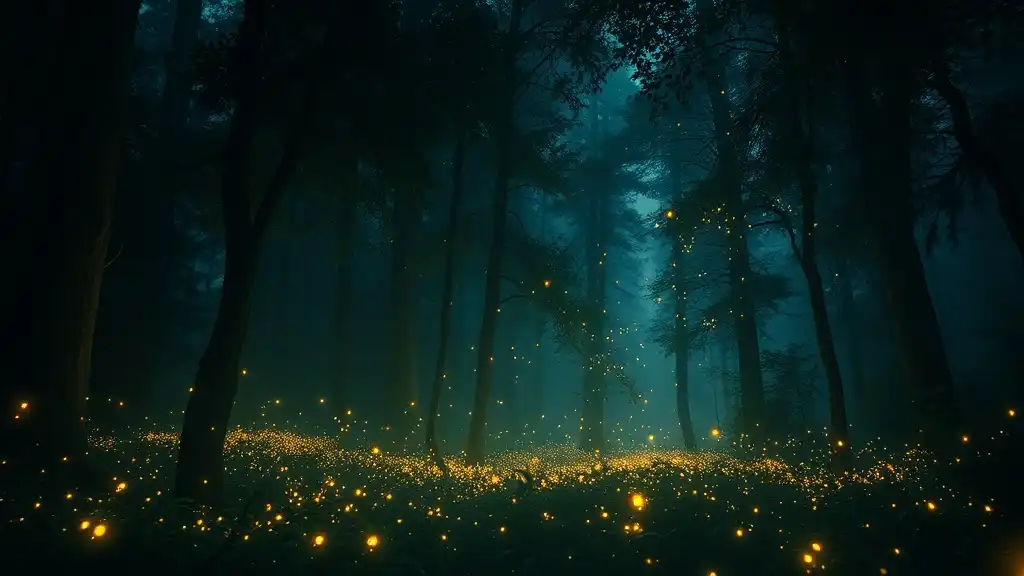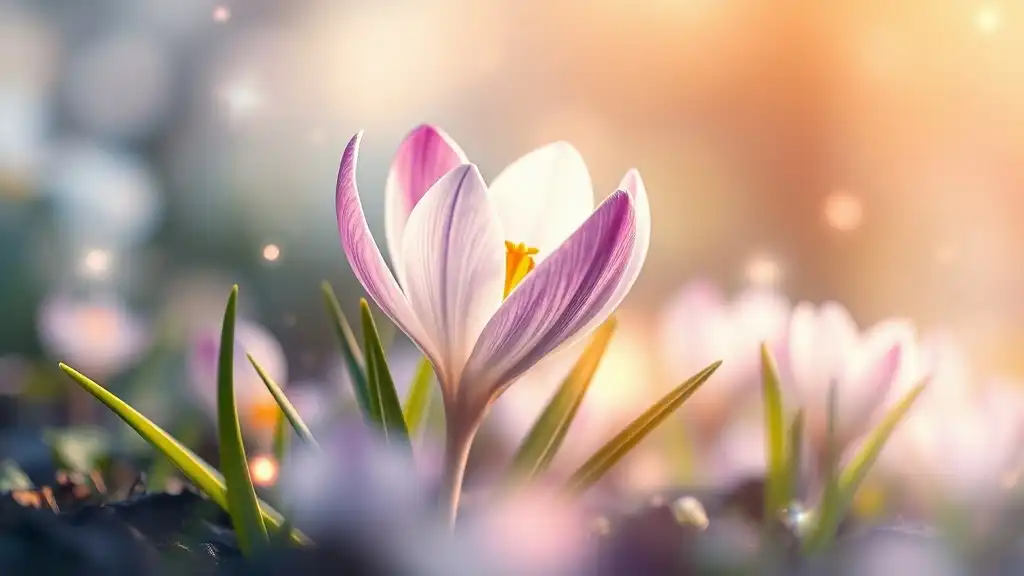The significance of flowers in spirituality is profound, and their colors can convey various meanings and messages. Among these, purple flowers stand out due to their rich symbolism and associations with the spiritual realm. Understanding the meaning behind these colors can enhance our relationship with nature and deepen our spiritual practices.
The Color Purple in Spirituality
Symbolism of Purple
Purple is a color often linked to the spiritual and divine. It resonates with a deep sense of spirituality, intuition, and the understanding of higher realms. Traditionally, this color has been associated with attributes such as wisdom, dignity, and creativity. In many cultures, wearing purple or surrounding oneself with its hues is believed to attract spiritual guidance and foster deeper meditation.
Historical and Cultural Perspectives
Historically, purple has held a place of significance in various cultures. In ancient Egypt, for example, purple was revered and associated with royalty and divinity, often found in the garments of pharaohs. Moreover, Roman emperors adorned themselves in purple robes to symbolize their power and connection to the divine. Such cultural contexts show that purple has consistently embodied a bridge between the earthly and spiritual planes throughout history.
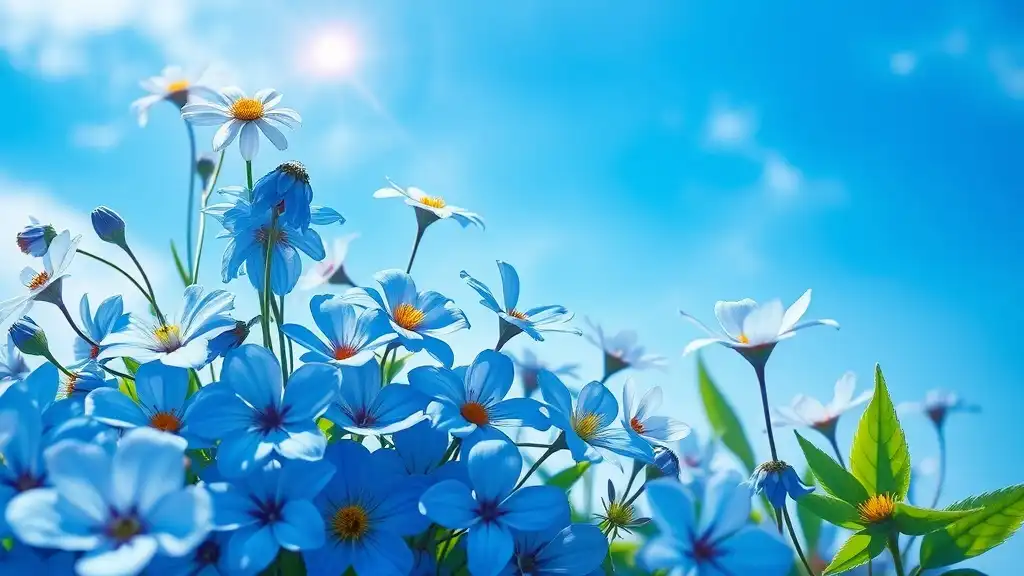
Spiritual Meanings of Specific Purple Flowers
Lavender
Lavender, with its calming aroma, is a symbol of purity and tranquility. Traditionally used in rituals for cleansing and purification, lavender helps in finding peace and connection to the higher self. Its essential oils are not only fragrant but are also believed to induce deeper states of meditation and relaxation, making it a staple for spiritual practitioners seeking comfort and serenity.
Purple Iris
The purple iris is a profound emblem of faith and hope. Its stunning petals represent courage and admiration, encouraging individuals to pursue their spiritual journeys with bravery. In many spiritual texts, the iris serves as a reminder to trust in the process of life, nurturing an attitude of faith even in challenging times. This flower’s striking appearance often invokes feelings of inspiration and admiration, connecting one to the beauty of the divine.
Lilac
Lilacs exude a scent that evokes feelings of innocence and renewal. They are often seen as symbols of the joy and love of spring, reminding us of the fresh beginnings that spirituality can bring. In folk medicine, lilacs have been associated with protection against negative energies, and their use in spiritual practices often includes rituals focused on forgiveness and the release of past burdens.
Violets
Violets carry meanings of humility and loyalty. They serve as gentle reminders to stay grounded and appreciate the simple yet profound aspects of life. In many cultures, violets have been used as offerings to deities, symbolizing sincere devotion and respect. Their delicate nature reflects an underlying strength, reminding those who encounter them of the importance of humility in spiritual growth.
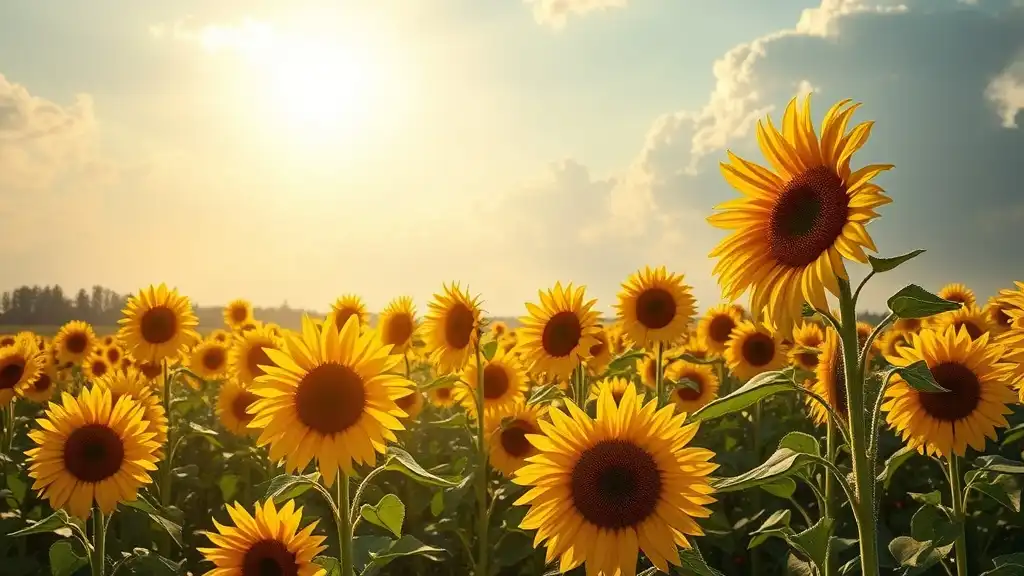
The Role of Purple Flowers in Spiritual Practices
Floral Offerings in Various Traditions
Across diverse spiritual traditions, floral offerings hold significant importance. Purple flowers are often chosen in practices that involve prayer and meditation, serving as conduits between the practitioner and higher realms. In Hinduism, for example, offering purple flowers at the altar is believed to bring blessings and peace. Their vibrant hues enhance the spiritual atmosphere, inviting divine energies into sacred spaces.
Healing Properties Linked to Purple Flowers
The healing properties of purple flowers extend beyond their beauty. Many of these flowers, like lavender and lilac, are linked to emotional and spiritual healing. Engaging with these blooms can lead to restoration of balance and peace within oneself. Therapists and practitioners utilize the aromatic profiles and visual appeal of purple flowers in modern wellness practices, recognizing their ability to uplift the spirit and create tranquility in chaotic times.
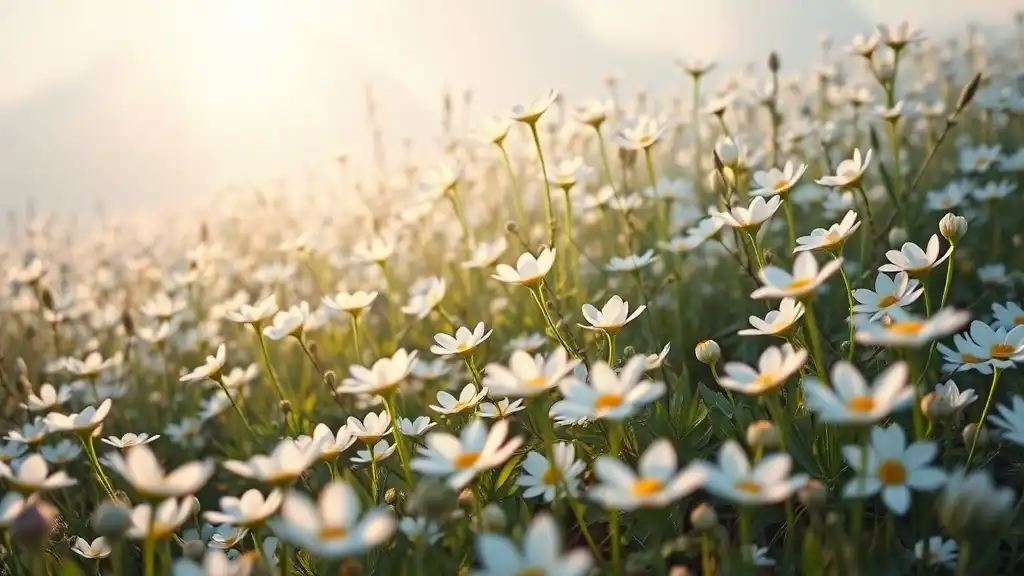
Using Purple Flowers in Personal Spirituality
Creating a Spiritual Garden
For those looking to connect deeper with spirituality, creating a spiritual garden filled with purple flowers can be immensely rewarding. When planting, consider the space as a sacred area for reflection and growth. Incorporate flowers like lavender, irises, and violets, arranging them in a way that invites harmonious energy. Spending time in this garden can become a meditative practice, allowing you to connect with nature while nurturing your spiritual journey.
Rituals and Practices Involving Purple Flowers
Incorporating purple flowers into personal rituals can heighten their spiritual significance. For example, using lavender in a ceremony can enhance relaxation and focus during meditation. Simply placing a vase of purple flowers on your altar can welcome positivity and peace into your practice. When crafting ceremonies, consider invoking the energies of these flowers, allowing their essence to guide you through transitions, celebrations, or moments of reflection.
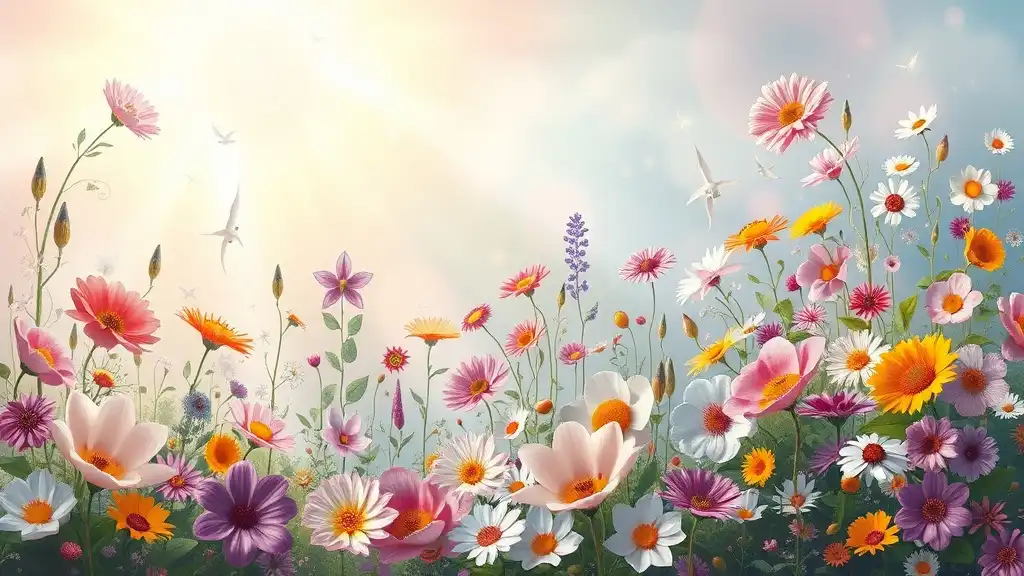
Conclusion
The spiritual significance of purple flowers is rich and multifaceted. From their connection to wisdom and creativity to their roles in personal rituals and gardens, these blossoms invite us to explore deeper connections with the divine. Engaging with their beauty not only enhances our spiritual practices but also reminds us of the intricate web of life that exists between nature and the soul. Let the essence of purple flowers inspire and uplift you, as you embark on your journey toward greater spiritual understanding and harmony.

